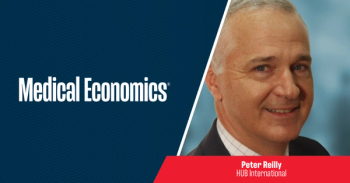
ACP to Congress: Don’t cut primary care workforce programs
The American College of Physicians urged Congress not to cut funding for the National Health Services Corps. Learn why the ACP says it’s so important.
The president of the American College of Physicians (ACP) wants lawmakers to spare primary care physician (PCP) workforce development funds from the budget ax.
Congress should not slash funds for primary care scholarships and loan forgiveness under the
“The National Health Services Corps has already enabled thousands of additional young physicians to go into primary care,” Hood told eConsult. “That has been one of the great successes over the last couple years. It would be a real tragedy to see it cut.”
With
Other recommendations from the ACP’s State of the Nation’s Health Care report:
Enact policies to reduce the costs of defensive medicine, such as caps on non-economic damages, limits on contingency fees, and other reforms that have proven to be effective in California and other states.
Make structural improvements in Medicare to reduce costs and improve quality, such as authorizing the federal government to negotiate drug prices and/or require drug manufacturers to pay a rebate under Medicare Part D.
Reform federal tax policies to encourage individuals to consider cost, such as eliminating the tax deductibility on so-called “Cadillac” health plans, which are high-benefit, high annual premium cost plans where members have very little out-of-pocket expense.
Establish a multi-stakeholder initiative to promote high value care and reduce utilization of marginal, unsafe, and ineffective care.
Related Content
Newsletter
Stay informed and empowered with Medical Economics enewsletter, delivering expert insights, financial strategies, practice management tips and technology trends — tailored for today’s physicians.






